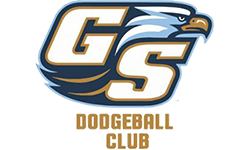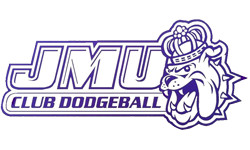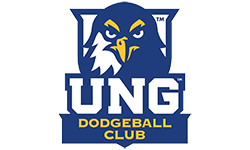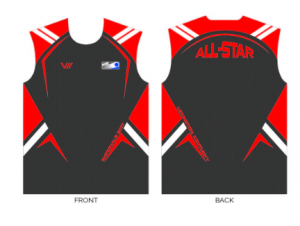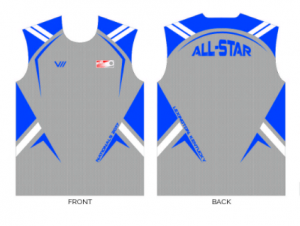Written by: Wesley Peters
Rule Proposal: When a stoppage of play is called (of any variety), balls which are in the air remain live until they are either caught, team caught, or hit a surface/object/etc that renders them dead, regardless of whether they have hit a live player or not at the time of the timeout being granted. (AKA they remain live until they are dead, not instantly ruled dead) Further, if a referee is GENUINELY UNABLE to determine whether or not balls were airborne before or after the timeout is called, the balls will be considered to have never been thrown, and given back to the team that threw them in the first place.
Rationale: The rule is currently broken, and can be exploited in the following way: Team A throws (any number of balls, the more you throw the worse it gets) at Team B. Team B calls timeout as soon as Team A throws and the balls have entered Team B’s zone, but not close enough for them to be near anyone on Team B’s LAZ. Therefore, Team B is awarded those balls (Because they are dead upon timeout since they have been throw but not made contact with anyone on Team B, and Team A’s shot clock resets down to the lowest increment of 5.
So to summarize, Team B get’s Team A’s balls for the cost of their timeout, and Team A still needs to throw to reset their initial shot clock because even though Team B gets those balls that they threw, their throws legally do not count. The way the rule is currently written not only hurts Team A tremendously, but that effect is exacerbated if it happens on the throws immediately following a balls over call, thus effectively nullifying the effects of the balls over altogether.
I don’t recall why we initially changed this rule to balls in the air are dead off the official’s whistle, but I think it was because it was difficult for the official to rule whether they had been thrown before the timeout call. I think personally it is not that difficult to tell as an official if you are paying attention, so the pros should vastly outweigh the cons by changing this rule.
Also, I would like for this to be voted upon and changed ASAP so that any matches that may happen next weekend or at nationals are not subject to this possibly happening.







